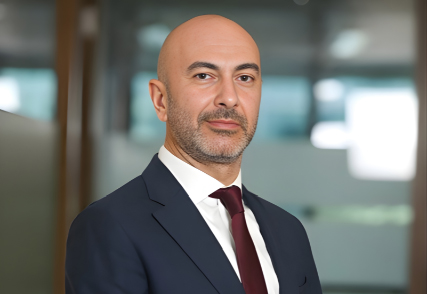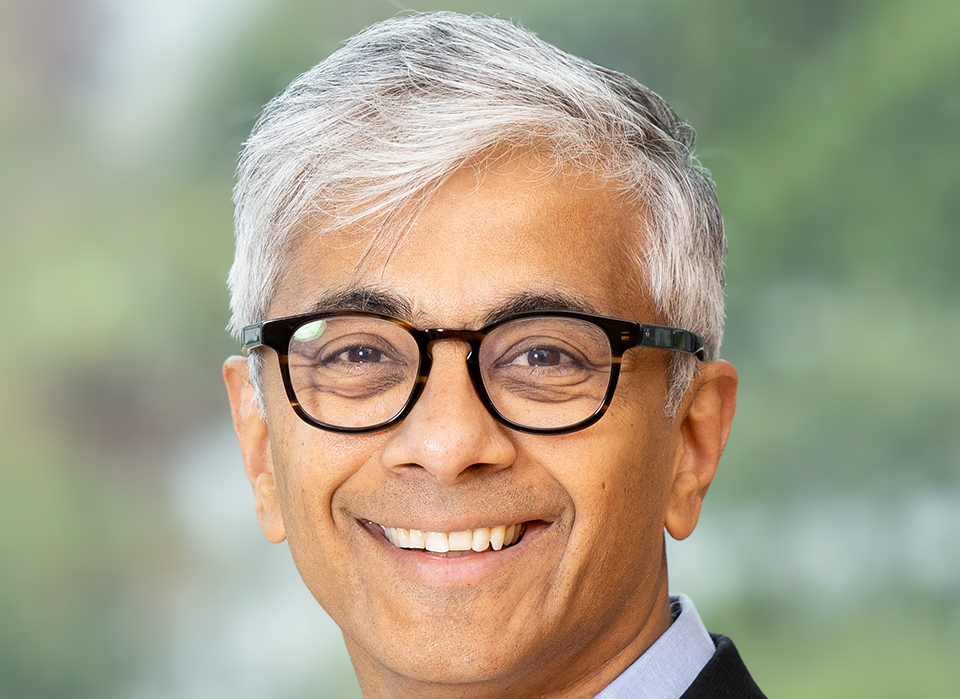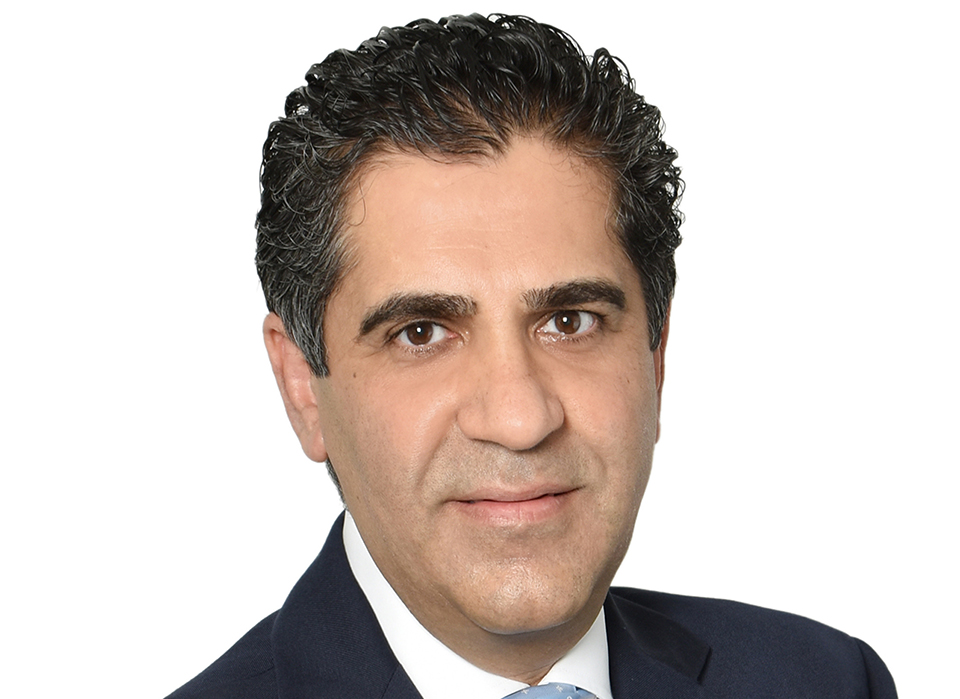By Anna Fedorova
|
|
According to HSBC, the UK Financial Intelligence Unit received 634,113 suspicious activity reports (SARs) between October 2015 and March 2017. The current AML regime is not well placed to allow regulators to “draw out the most pertinent risks from this data” and does not support the sharing of strategic priorities between the public and private sector, the bank said.
Visa Europe commented: “We see regulatory fragmentation as a risk in the policy landscape. It is in the interests of regulators, government, industry and consumers to avoid this, and we encourage political and regulatory stakeholders to work together for a harmonised international regulatory environment to tackle these issues.
Access intelligence that drives action
To unlock this research, enter your email to log in or enquire about access





